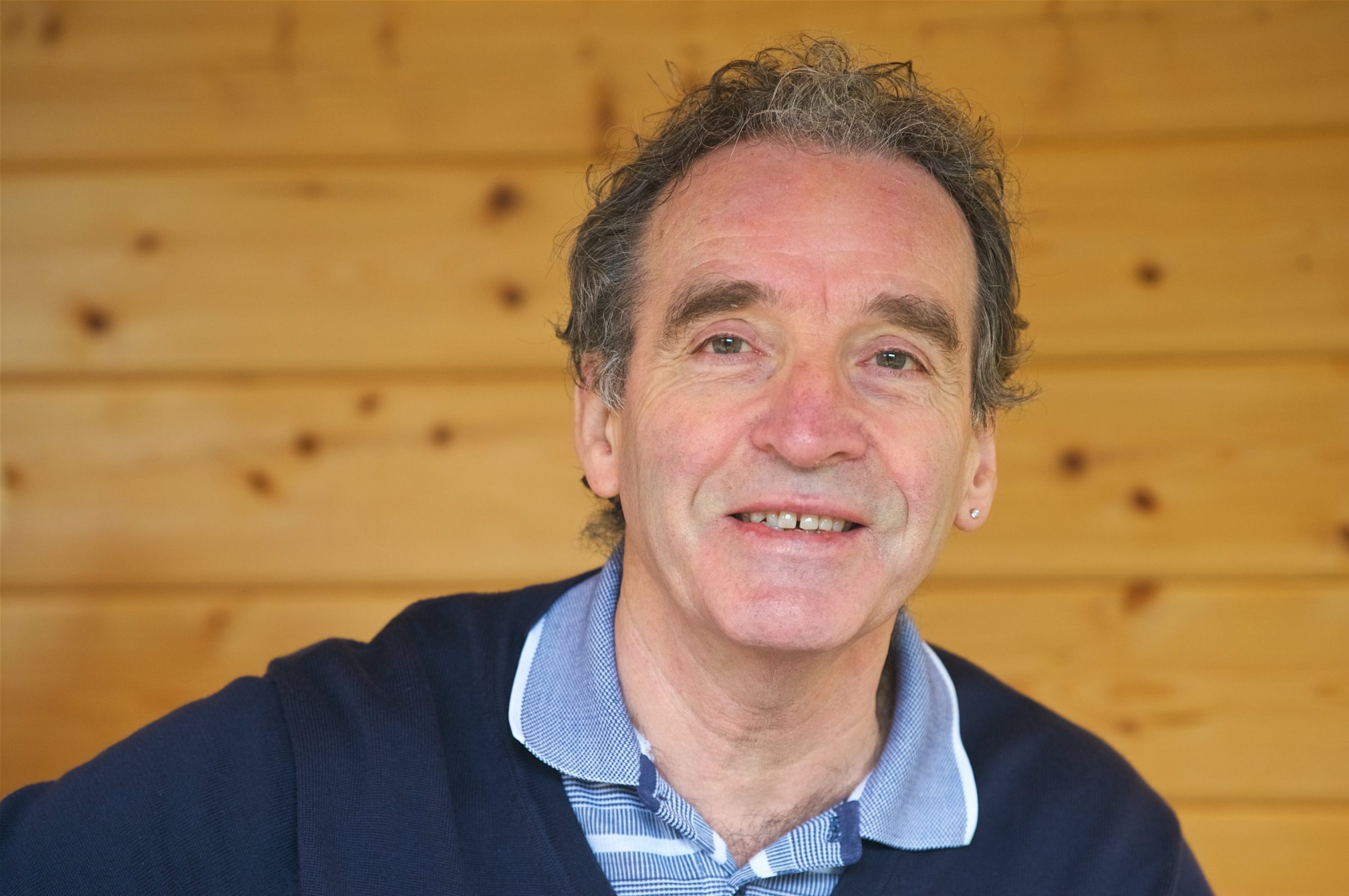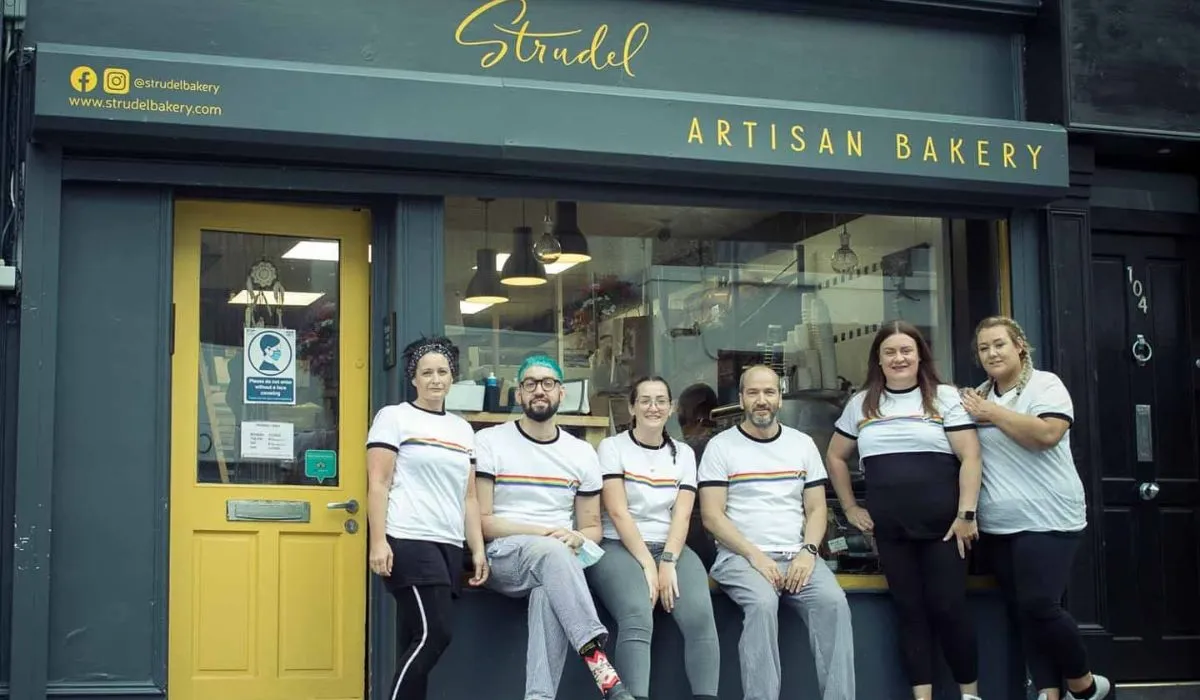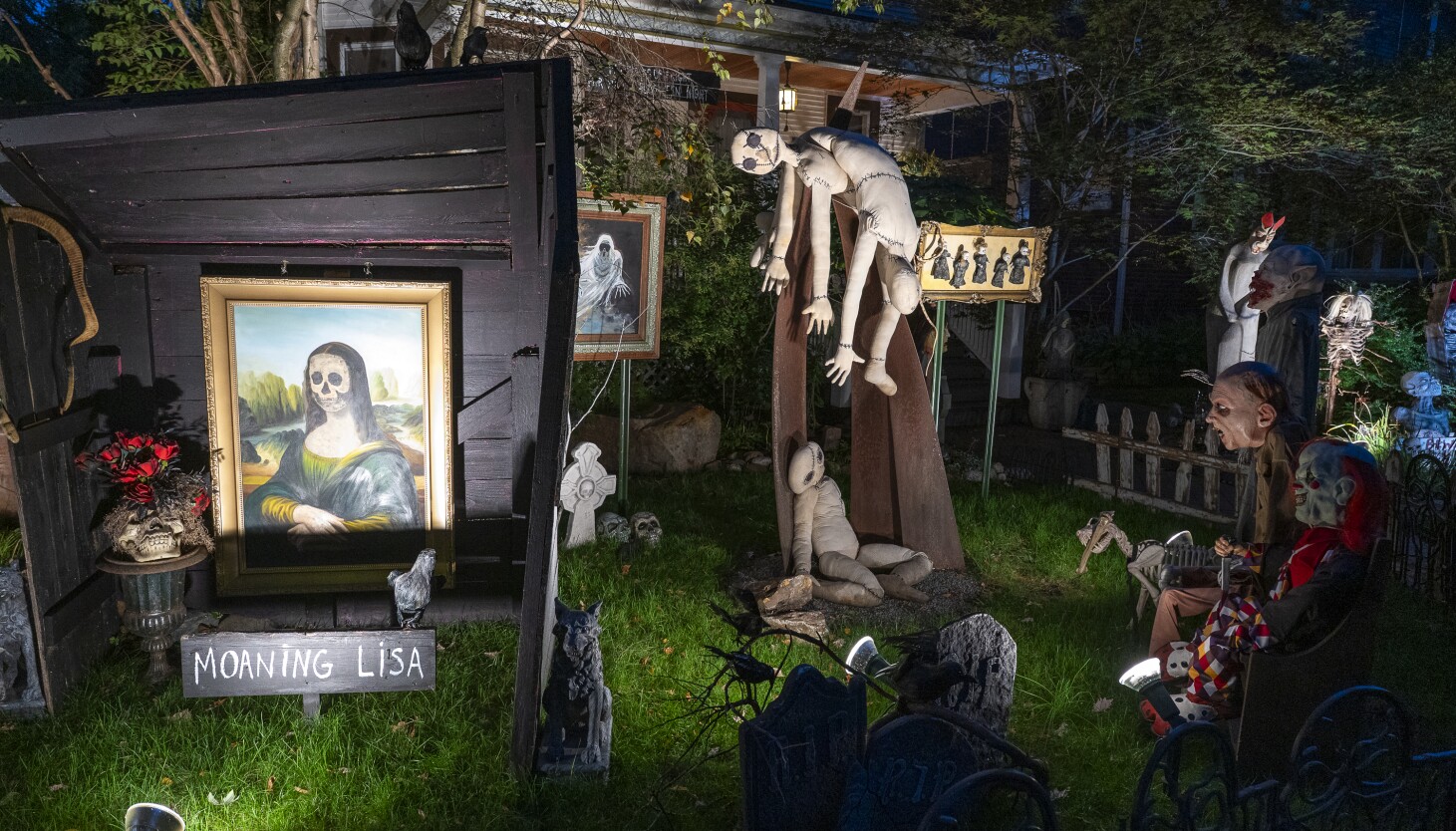Copyright jerseyeveningpost

By Colin Lever IN his book The Small-Mart Revolution, (2006) Michael H Shuman states: “A smart economic development department will measure leakages and then assess systematically the feasibility of plugging them with local entrepreneurs.” Which begs the question about how smart our Department for Sustainable Development actually is because the Island does not do a leakage analysis. 250 pages long, The States of Jersey Group annual report and accounts never mentions anything about leakage. Potential leakage is estimated at over £5 billion pounds, based on information from Jersey Statistics. The more we become self-sustainable, the less we need to import. The less the capital leakage, the more the money circulates within the Island. It would be ideal to plug all the leaks and save ourselves upwards of £5 billion a year but even if the government could shave off 10%, the saving would be around half a billion pounds. A leakage analysis is used to identify where capital is escaping from an economy. It is a useful tool in identifying where the leaks are and then seek to plug the leaks, or at least reduce the flow, before the government resorts to cutting services, putting up prices and/or getting into debt. The principal areas of leakage in respect of Jersey are: Off-island companies that choose not to re-invest in the local economy, taking their profits off-island. The importation of goods and services. Lack of governance with respect to arms-length businesses. Companies Act 2006, section 994. Locum and seasonal workers who take their earnings back home to their native country. Individual and/or corporate greed. Vested interests that seek to maximise personal gain without giving much back to the Island community. The dependence on the UK goes beyond high street chains, supermarkets and the banks. Over half of our arable land is controlled by one UK-based company; four out of six food wholesalers are UK-based; our largest, private property developer is UK-based; of the 34,523 finance companies registered, over 90% are not local. There is no register of how many commercial and private landlords are not resident, but their presence influences rent prices as they seek to maintain premium rates on their investments. Without outside investment, the Island would struggle, economically. All these franchises provide jobs and, to a greater or lesser extent, pay taxes that feed into the local economy. But by inviting outside interests onto the Island, we have to dance to their tune, especially in respect of price, performance and quality of product. Recent issues with respect to DFDS exemplify this. Those in power keep talking about the need for economic diversity and being more sustainable, this is best served by investing and re-investing profits in local business and enterprise, yet the department responsible continually looks outward rather than in-house when it comes to investment. What the government can do is to set up alternative, local, competition along with providing the necessary infrastructure. For many areas of business this need not cost much to “get the ball rolling”. In truth the Island already has much of the network, all that is required is stimulus, fiscal and/or legislative to secure the links. “The basic concept in community economics points to the importance of maximising pounds entering and minimising their departure.” Michael H Shuman. An economic multiplier (EM) can be used to calculate how much a company re-invests in the local economy. Digital Jersey claims it has an EM of 2.1. This means that, for every one pound spent, over two pounds is re-invested in the Island’s economy. If you shop online, all that money goes off-island. Once more, our government does not have comparable EM information available. This would be an asset in identifying where re-investment is minimal. A rule of thumb can give an indication of a company’s EM credentials by asking the following questions: To what extent do they support other local businesses? To what extent do they support local art, culture and events? To what extent do they train local staff? An indicator of how much leakage occurs and from where can be gauged using the Gross Operating Surplus. While this is not an exact tool, it does shine a light on where capital may be leaking. The total for 2024 comes to £3.29 billion. The importation of goods and services are two more areas where leakage occurs. Much has been written about the costs of off-island consultants, employed to advise and write reports. The total across all business areas was £842 million in 2024. The total goods imported in 2024 was £1.267 billion. The Island has numerous arm’s-length businesses and organisations. The former are supported by government to the tune of more than £25m, yet The States of Jersey Group annual report and accounts describes them as “minor entities” and are not included in the public accounts. The Ports of Jersey receives government money, then allows its CEO to pay himself over £450k. Leakage from ALBs and ALOs will add to the potential £5 billion already seeping from the Island’s coffers. Procurement is the gatekeeper when it comes to goods and services. In its present form, procurement does not favour local SMEs, yet they are the backbone of any economy and the community they serve. Whilst we do not want to slide into Trump-like protectionism, it is important that the Island’s procurement process is open and transparent and gives local business equanimity. Commitments to shareholders take priority over local needs within the boardrooms of our utilities. ALBs are trusted to keep their own house in order but community wealth building needs to be at heart of how they operate. Seasonal and locum workers are here to fill gaps in the employment market, but they are also here to earn money for their families back in their native countries. Then, of course, there those with vested interests. All these contribute to capital leakage from the Island. So, before officials decide to beg, borrow or steal, the government should carry out a thorough leakage analysis across the whole economy. Colin Lever is a retired teacher and education specialist, SEND consultant, and commentator on educational and community issues. He also contributes musically to Repair Cafés and charity events and is currently writing and producing a comedy sitcom podcast.



